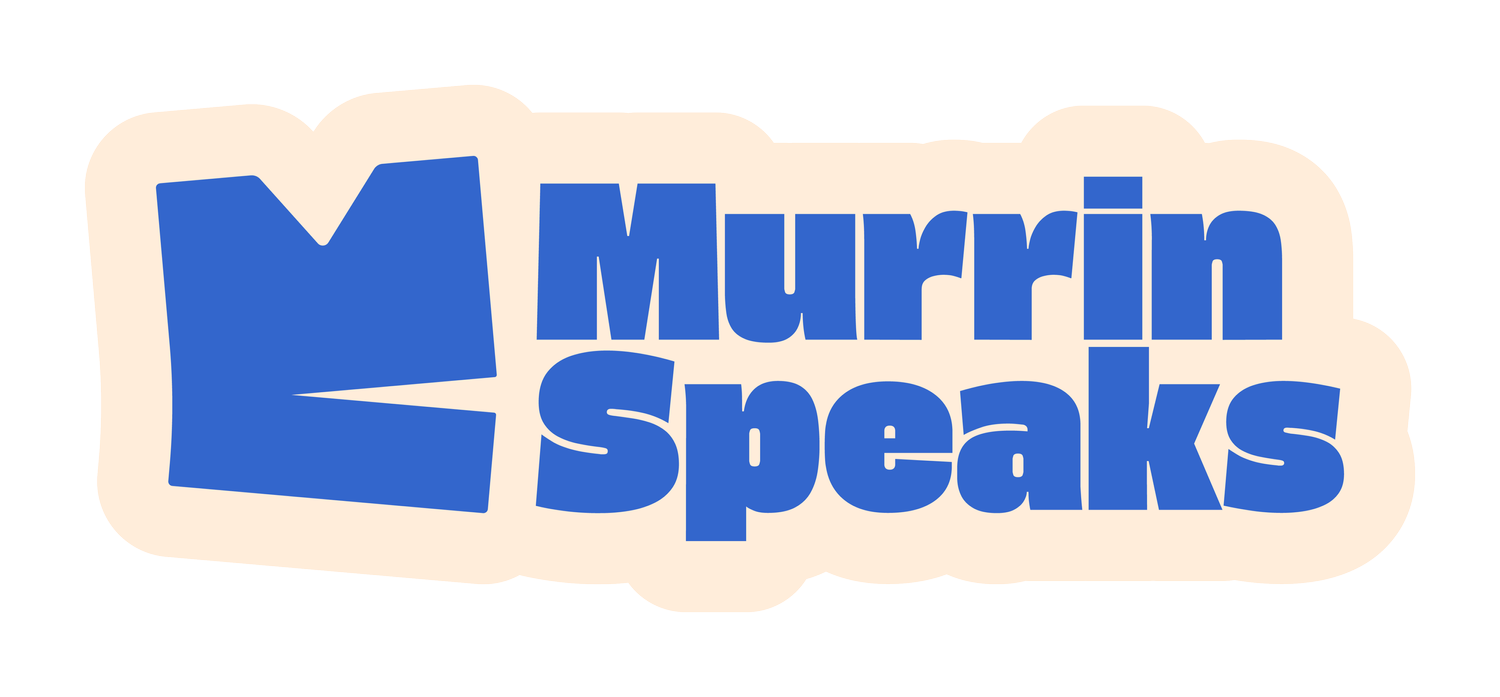Why am I so ableist to myself?
Starting to use mobility aids can be challenging – not only getting used to the aids themselves, but also because of the shame we’ve been taught to feel about needing them. That’s internalised ableism, and I’ve been fighting it for years.
I first started using mobility aids around 5 years ago. I still have my trusty foldable walking stick that allows me to take weight off the most painful side of my body. I purposefully bought a foldable one, thinking I would fold it away as soon as I didn’t need it; however, it made a huge difference in my ability to walk – yet I still have this internal shame around using it.
This shame has intensified as my mobility aid roster has grown.
Buying my first electric wheelchair
Last week, I bought my first electric wheelchair. I was lucky to find the one I was looking for at a good price, second-hand.
On my way to collect the chair, I was filled with anxiety and had thoughts like What if the seller didn’t think I was disabled enough to justify buying this?, Am I going to have the guts to use it? And now I’m wondering why it takes guts to use aids that help us to live our lives to the best of our ability? Damn, it was a really tough day if I’m being honest, with mixed excitement and great anxiety.
When I got the chair home and sat in it for the first time, I felt like an imposter, like I didn’t really need this. But the truth is, for me to live a more fulfilling life and to be honest, just live in general, I do need further mobility aids.
My recent diagnosis of osteoarthritis and hip dysplasia forced me to freeze, stop and really look at my life. For a long time, I’ve been in survival mode, taking it day by day, but constantly overdoing it, causing many chronic pain and fatigue flares that last weeks or months. So, my decision to invest in further aids was out of necessity.
If I am going to really look after myself and my body, I could either choose to be too full of pride and become housebound (again), or I could implement equipment that would support me to continue to live without the huge relapses and crashes that I’ve been experiencing.
If I could afford it, I would have one of those really expensive off-road mobility scooters/wheelchairs that would allow me to do all the exploring I have yearned for years, but for now, my foldable electric wheelchair will do me very well!
Fear to freedom
I had my first outing in my chair the other day. The initial fear I had was Who is going to see me? Are my neighbours looking? They’re going to think I’m faking it! And the nerves of trying the chair over different terrains caused extreme exhaustion. HOWEVER, I drove over grass, fields, stones, pebbles and had for the first time in a long time been able to go for a dog walk with Lewis and Lotus without being bedbound directly after. Wow, is this what freedom feels like? I thought to myself – Why have I deprived myself of this for so long?
I’m asking a lot of questions here, but the truth is, deep down, I know the answer.
The root of my internalised ableism
The deep root of this huge internal shame and ableism toward myself is because when I was diagnosed with ME/CFS, I was met with all the incorrect information that caused a lot of worsening of my disability. I was told to exercise more, to try harder and to fight through my symptoms, and I did – I did it to the point that I would become extremely unwell at my job at the time, I’d be throwing up, shaking, hardly able to move or talk and then be stuck in bed for months on end (at the worst part of my illness). Despite the debilitating symptoms and post-exertional malaise, I was told to keep pushing.
Similarly, when I was diagnosed with Fibromyalgia due to the nerves, joints and muscles throughout my body feeling inflamed and as if they were on fire, I thought the only thing I could do was push through.
Well, Murrin, I’m sorry to break it to you, but it turns out there was another option this whole time!! You can choose not to keep pushing and choose to be kind to yourself – if only I had learned that 7 years ago.
Learning self-compassion
But here I am now, I don’t want to necessarily say embracing my disability because my disability is extremely disabling, painful and has stripped me from a lot of the things I want to be doing in my life – I have dreams of hiking all the beautiful landscapes here in Scotland, of working full time in my chosen career and all of the normal things that able-bodied people can take for granted.
My mindset really changed when Lewis tried out my chair, and he was zooming around our garden. When I looked at him, it clicked that I didn’t judge him, I didn’t have any negative connotation toward him, in fact, it felt NO different than looking at him standing up. In fact, I don’t and have never judged any person for using aids, so why do I feel this way towards myself?
I realised I really need to look at myself using aids the same way that I do everyone else.
I think all the baddies using disability aids are brave and courageous, more courageous than I have found myself to be, and that allows me to see that there is another way of being. Here’s to defeating this internalised ableism.
